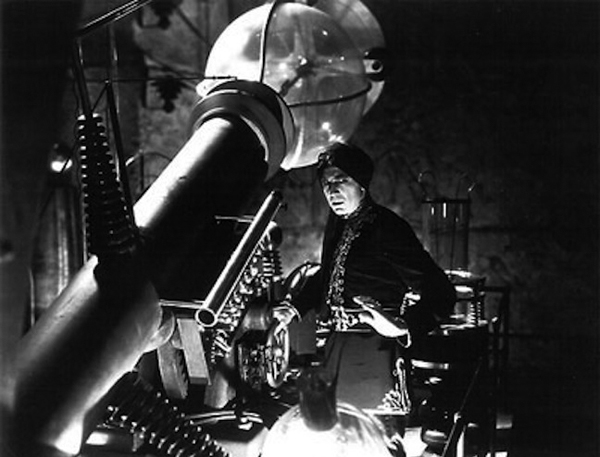Men & Magic
- p34
Both Magic-Users and Clerics may attempt to expand on the spells listed (as applicable by class). This is a matter of time and investment. The level of the magic required to operate the spell (determined by the referee) dicates the initial investment. Investment for 1st level is 2,000 Gold Pieces, 2nd level is 4,000 Gold Pieces, 3rd level is 8,000 Gold Pieces, 4th level is 16,000 Gold Pieces, 5th level is 32,000 Gold Pieces and 6th level is 64,000 Gold Pieces. The time required is one week per spell level. For every amount equal to the basic investment spent there is a 20% chance of success, cumulative. An investment of 10,000 Gold Pieces in order to develop new 1st level spell, for example, has a 100% chance of success after one game week.
The level of the spell researched must be consistent with the level of Magic-User or Cleric involved, i.e. the character must be able to use the spells equal to or above the level of the one he desires to create.
Once a new spell is created the researcher may include it in the list appropriate to its level. He may inform others of it, thus enabling them to utilize it, or he may keep it to himself.
There you have it. Very good. So with a great deal of effort (ie - Gold Pieces and time) one can extend the Spells lists. Nice. I wonder, though how hard it is to accumulate that much gold in a given game? I'm really not sure how that plays out in a practical sense. Does it take one game for the average dungeoneers to accumulate 10,000 Gold Pieces, or fifty? While this of course does depend on the GM involved, one should also be able to get a sense of the value of an adventure by looking at how much Gold a given monster group is likely to have according to the monster charts in Monsters & Treasure, so I'm going to hold off on this bit of analysis for the moment. My guess is that it's not necessarily all that easy to accumulate the Gold necessary to advance the spell list, but we'll see how it looks later. What I'd be really, really curious to hear is what spells people created back in the day! That would be really interesting!
Last bit:
BOOKS OF SPELLS:
Characters who employ spells are assumed to acquire books containing spells they can use, one book for each level. If a duplicate set of such books is desired the cost will be the same as the initial investment for research as listed above, i.e. 2,000, 4,000, 8,000, etc. Loss of these books will require replacement at the above expense.
Hmmm... ok. So this rule is interesting but not very clear to me at this point. I know there's been a billion tons of talk about Vancian Magic and the use of spell books and requirements for Magic-Users to have their spells memorized and all of that. But at this point in the Rules I'm not clear as to how that works. I'm supposing that this will be made more clear later on, perhaps? Or should we be able to infer from this paragraph how all of that is intended to work?
Well, a careful reading gives us the basic command: whatever spells the spell caster can use must be in their books. It doesn't say that the initial set of books cost anything, but only a duplicate set. One assumes that this suggests that the Magic-Users and Clerics would want to have a backup copy in case the first set gets lost (perhaps by fire, or some such). This also suggests, perhaps, that the Magic-User can't cast their spells unless they have such books, though that is not explicitly stated. Interesting. I'd be curious to hear how this played out from those who played OD&D back in the day. Or, maybe there is further clarification in somewhere in the next two books. We'll see.
Ok that concludes my analysis for Book 1 of Original Dungeons & Dragons, Men & Magic. Next time I will crack open Monsters & Treasure and we'll take it from there.
At my current rate of publishing this series we are about two years out in terms of completion. So hang in there, and try to stay healthy. Maybe I'll even try to go a little bit faster, possibly. It depends on how busy I am working on Elthos.







